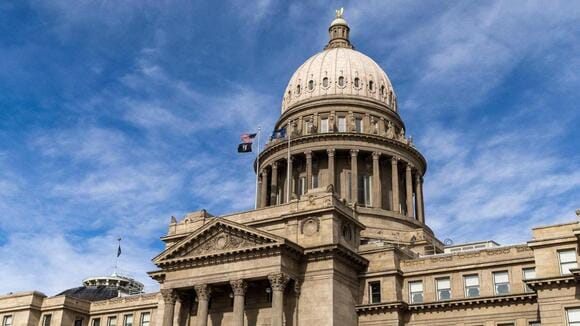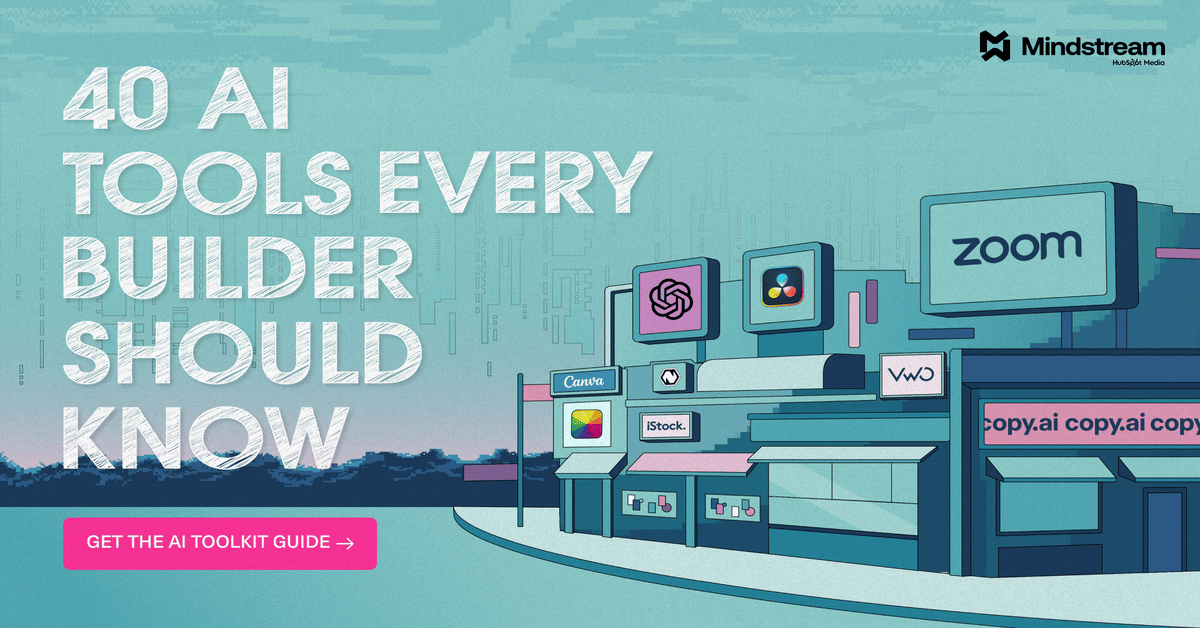- HOA Leaders' Brief
- Posts
- Community Data Trust Framework
Community Data Trust Framework
Good morning!
As we settle into this week, I’m reminded how much steady progress matters more than big pushes. We’re finishing November with real momentum, and I’m grateful for the discipline and care each of you brings to the work. Let’s keep our focus tight and close out the month with pride.
— Lucas Robinson, Founder & CEO at BudgetMailboxes.com
🎯 This Week’s Strategy:
Community Data Trust Framework
🌐 Boardroom Brief:
Idaho Pushes for Stronger HOA Oversight as Homeowners Demand Accountability
Strategy
🎯 AI-Powered Maintenance Request Management
In modern community management, data is one of the most overlooked assets HOAs possess. Every interaction - maintenance requests, parking violations, amenity usage, financial reports, vendor performance, and even resident feedback creates information that can help HOA leaders make smarter, faster, and more transparent decisions. A Community Data Trust Framework is a structured approach to collecting, organizing, safeguarding, and using community data so it becomes a strategic advantage rather than scattered information living across emails, spreadsheets, and outdated property management systems.
When properly implemented, this framework improves board accountability, strengthens resident trust, reduces operational inefficiencies, and ensures critical information never depends on one person’s memory or private inbox. With rising regulatory expectations, higher resident expectations for transparency, and the increasing complexity of HOA operations, a Community Data Trust Framework is no longer optional, it is a leadership necessity.
How HOA Leaders Can Implement a Community Data Trust Framework
1. Centralize All Community Data Into One System of Record
Most HOAs have data spread across emails, PDFs, desktops, and property managers’ personal folders. Centralization is the first step.
Action Steps:
✅ Choose a single platform for all community data (property management software, secure cloud storage, or a shared digital hub).
✅ Organize data into clear categories: Financials, Maintenance, Violations, Communications, Vendors, and Governing Documents.
✅ Require board members and managers to store all files in the designated location for consistency.
2. Define Clear Data Ownership and Access Permissions
A data trust framework only works when everyone knows who is responsible for what.
Action Steps:
✅ Assign ownership for each data category for example, Treasurer → Financial Reports, Secretary → Governing Documents.
✅ Create tiered access: Board-only, Manager-only, and Resident-accessible files.
✅ Document these rules so transitions between board members or managers are seamless.
3. Standardize Data Collection and Reporting Formats
When documents follow consistent templates, the board spends less time interpreting and more time deciding.
Action Steps:
✅ Use standardized templates for financial reports, vendor evaluations, incident logs, and meeting summaries.
✅ Establish naming conventions (e.g., “RoofInspection_June2025.pdf”).
✅ Require monthly or quarterly reporting cycles depending on the type of data.
4. Implement Data Security and Backup Protocols
With cyber threats increasing and HOAs handling sensitive information, data protection is essential.
Action Steps:
✅ Enable two-factor authentication and encrypted storage.
✅ Set up automatic backups weekly or monthly.
✅ Limit admin permissions to a small group of trusted individuals.
✅ Review all access points annually to ensure compliance and remove outdated accounts.
5. Use Data Insights to Drive Community Decisions
The goal is not just to store data, it’s to use it.
Action Steps:
✅ Track trends: recurring maintenance issues, rising vendor costs, violations by category, or budget deviations.
✅ Compare historical data to guide long-term planning (e.g., “Are we spending more on landscaping year over year?”).
✅ Use dashboards or simple visual summaries to present insights during board meetings.
✅ Share relevant, non-sensitive data with residents to build trust through transparency.
Why It Matters
A Community Data Trust Framework transforms an HOA from reactive to strategic. Instead of relying on anecdotal memory or shifting communication chains, the board gains reliable, organized information that improves decision-making, reduces risk, and strengthens continuity, especially when roles change. Most importantly, it shows residents that leadership is committed to transparency, accountability, and modern community management practices. In fast-growing communities where expectations are high, structured data stewardship becomes a defining advantage for every HOA leader.
Is your social strategy ready for what's next in 2025?
HubSpot Media's latest Social Playbook reveals what's actually working for over 1,000 global marketing leaders across TikTok, Instagram, LinkedIn, Pinterest, Facebook, and YouTube.
Inside this comprehensive report, you’ll discover:
Which platforms are delivering the highest ROI in 2025
Content formats driving the most engagement across industries
How AI is transforming social content creation and analytics
Tactical recommendations you can implement immediately
Unlock the playbook—free when you subscribe to the Masters in Marketing newsletter.
Get cutting-edge insights, twice a week, from the marketing leaders shaping the future.
Boardroom Brief
Idaho Pushes for Stronger HOA Oversight as Homeowners Demand Accountability

Idaho homeowners are calling for major reforms to what they describe as the “Wild West days” of HOA governance, where existing laws lack enforcement and leave residents with little recourse against unresponsive or developer-controlled boards. A grassroots group, Idaho HOA Neighbors for Change, is preparing a new legislative proposal ahead of the 2026 session that would lower transition thresholds for developer turnover, add penalties for boards that fail to meet transparency requirements, and establish enforceable access to financial and operational records. Although Idaho passed its first major HOA law in 2022 and additional turnover legislation in 2025, residents argue these measures still lack the “teeth” needed to protect homeowners, forcing many to hire attorneys simply to obtain basic documents. With nearly one-third of Idaho homeowners paying HOA dues, the proposed framework signals a growing push in the state for clearer governance rules, stronger enforcement mechanisms, and improved balance of power between developers, boards, and homeowners.
Game
🎉 Fun Finale: Play & Poll
Which HOA reform would have the biggest positive impact on your community?(Tap on your answer) |
 Real workflows. Real results | Curious About Agentic AI?A FREE community where agentic AI workflows are built and shared. |
Choose the Right AI Tools
With thousands of AI tools available, how do you know which ones are worth your money? Subscribe to Mindstream and get our expert guide comparing 40+ popular AI tools. Discover which free options rival paid versions and when upgrading is essential. Stop overspending on tools you don't need and find the perfect AI stack for your workflow.



